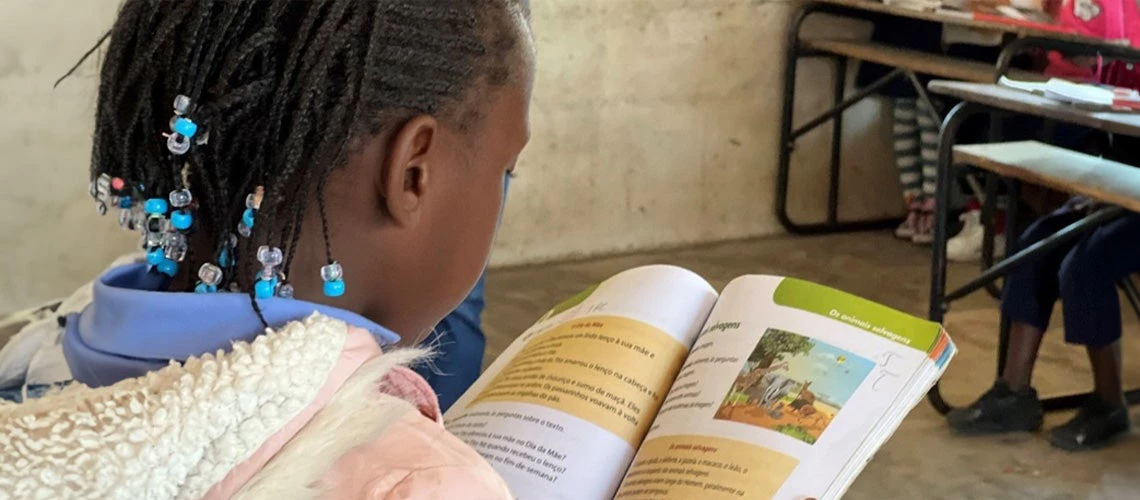 Girl reading from a workbook at primary school in Maputo. Photo: Leonor Costa Neves/World Bank
Girl reading from a workbook at primary school in Maputo. Photo: Leonor Costa Neves/World Bank
Reading is the foundation of learning and knowledge for any child. It facilitates the acquisition of new vocabulary, enhances comprehension, and opens up new worlds to young students. Additionally, it is an enjoyable pursuit that stimulate a child's creativity.
As education specialists, our commitment lies in adhering to evidence-based principles that enhance foundational learning. Aprender+ is aligned with proven principles to ensure that every Mozambican child gains access to the world of reading.
While Mozambique has achieved remarkable strides in expanding educational access, it grapples with persistent challenges in ensuring that all children acquire adequate reading skills and a quality education. Currently less than half of students complete their primary education, and only 5% of children in the country can read and comprehend a basic text by the end of the third grade.
The situation is on track to change, since the Mozambican government has recently shown a strong commitment to improving education quality. In collaboration with the World Bank and the Global Partnership for Education, it has launched an initiative called the Improving Learning and Empowering Girls in Mozambique Project, or MozLearning, with the objective of increasing learning outcomes during the early years of primary education through innovative and evidence-based interventions.
Reading lies at the center of these efforts thanks to a program called Aprender+, a new tool focused on improving reading proficiency among first and second-grade students. Aprender+ has been developed by the Ministry of Education and Human Development (MINEDH) with the support of the World Bank and the Foundational Learning Compact, a multi-donor umbrella trust fund dedicated to strengthening global and country-level efforts to improve foundational learning for early childhood, primary, and secondary education.
Aprender + employs a structured pedagogy approach consisting of three components that work together to support improved teaching and student learning:
- Structured lesson plans: Grade 1 and 2 teachers receive high-quality structured lesson plans for Portuguese language that focus on developing students' speaking, comprehension, and reading skills, and help teachers use effective teaching techniques in the classroom.
- Ongoing teacher professional development: Teachers are supported throughout the school year by the Deputy School Director (DAE) who visits their classroom twice a month and uses a structured coaching protocol informed by the Coach methodology. Teachers meet monthly at the school cluster level to share insights, collaborate with peers, and practice new skills.
- Teacher and school-actor initial training: At the start of the school year, teachers, DAEs, school cluster coordinators, district and provincial education officers, as well as teacher trainers, receive 3-6 days of training to create a common understanding of the key features of Aprender+. This training includes demonstrations and hands-on sessions so that participants can practice, get feedback, and feel comfortable using the teaching techniques integrated into the lesson plans.
In 2022, the Aprender+ model was successfully tested in 45 schools in the Niassa and Manica provinces. Building upon this success, the program expanded to 352 schools in 2023. This expansion has brought Aprender+ to 480 school leaders, 1,030 teachers, and approximately 45,450 students so far, marking a significant stride towards advancing education in Mozambique.
The Path to Success: Four Lessons Learned
As the program has gradually expanded over the past two years, MINEDH and the World Bank team have gained insights into how to support improved teaching and learning through the Aprender+ model.
Here are the four lessons we have learned so far:
- Effective coordination between various MINEDH departments and external support is critical. The Teacher Training, Primary Education, and National Institute of Educational Development departments from MINEDH worked closely together, and the engagement of a firm specialized in teacher training was also instrumental in creating a robust implementation structure.
- Providing teachers with simple tools and adequate training is key. The program’s design has focused on better equipping teachers to improve their practice, making it as easy as possible for them to consistently and correctly use the lesson plans in their classrooms. This has included limiting lesson plans to two pages and prioritizing demonstrations and scaffolded practice exercises during training.
- Building capacity at all levels is key. Capacity-building efforts must extend beyond teachers to include DAEs, who are responsible for coaching teachers. Similarly, school cluster coordinators and district and provincial education officers should also be trained in pedagogical supervision.
- Existing structures must be leveraged to support the model’s expansion and sustainability. The Aprender+ model leverages current systems and personnel, with DAEs providing coaching, school cluster coordinators offering monitoring support, and Teacher Training Institutes helping deliver training to teachers, DAEs, and cluster coordinators.
The program includes a process evaluation designed to identify the key factors which enable or hinder success. It also encompasses an impact evaluation which will provide insights into how Aprender+ improves classroom teaching practices and student outcomes in participating schools.
Aprender+ is poised for nationwide expansion in Mozambique. Supported by the Global Partnership for Education and the World Bank-funded MozLearning Project, as well as the Ministry for Foreign Affairs of Finland through the Foundational Learning Compact, the program represents a pivotal approach to comprehensive literacy, and aims at revitalizing Mozambique's education system and charting a transformative educational journey for its children.

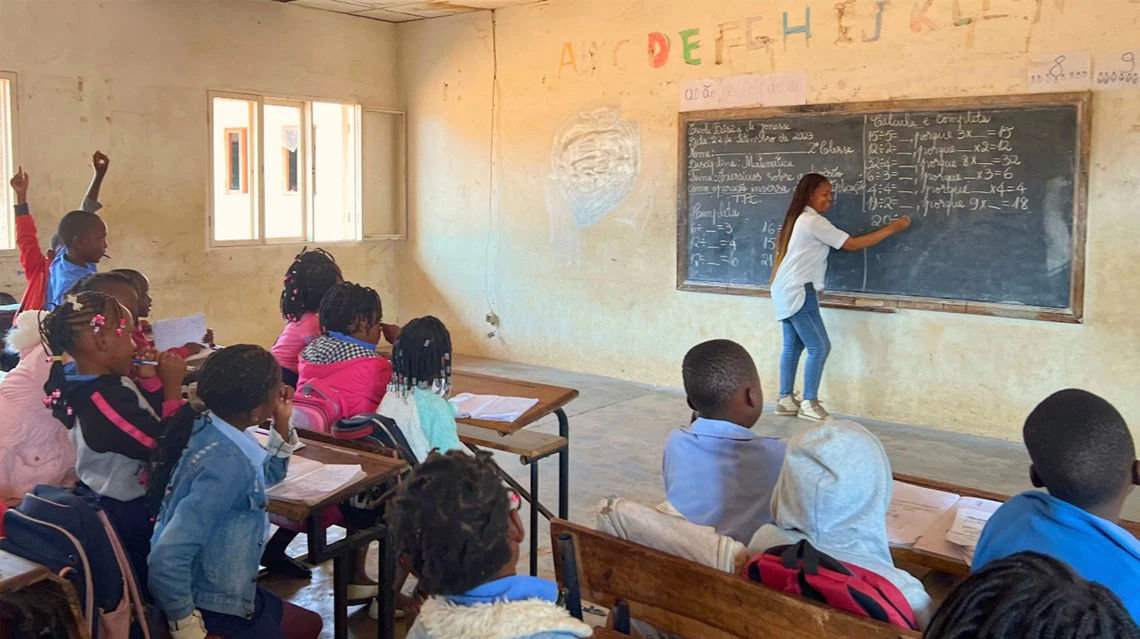
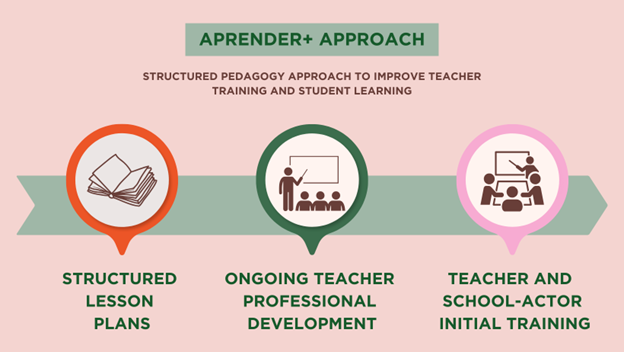
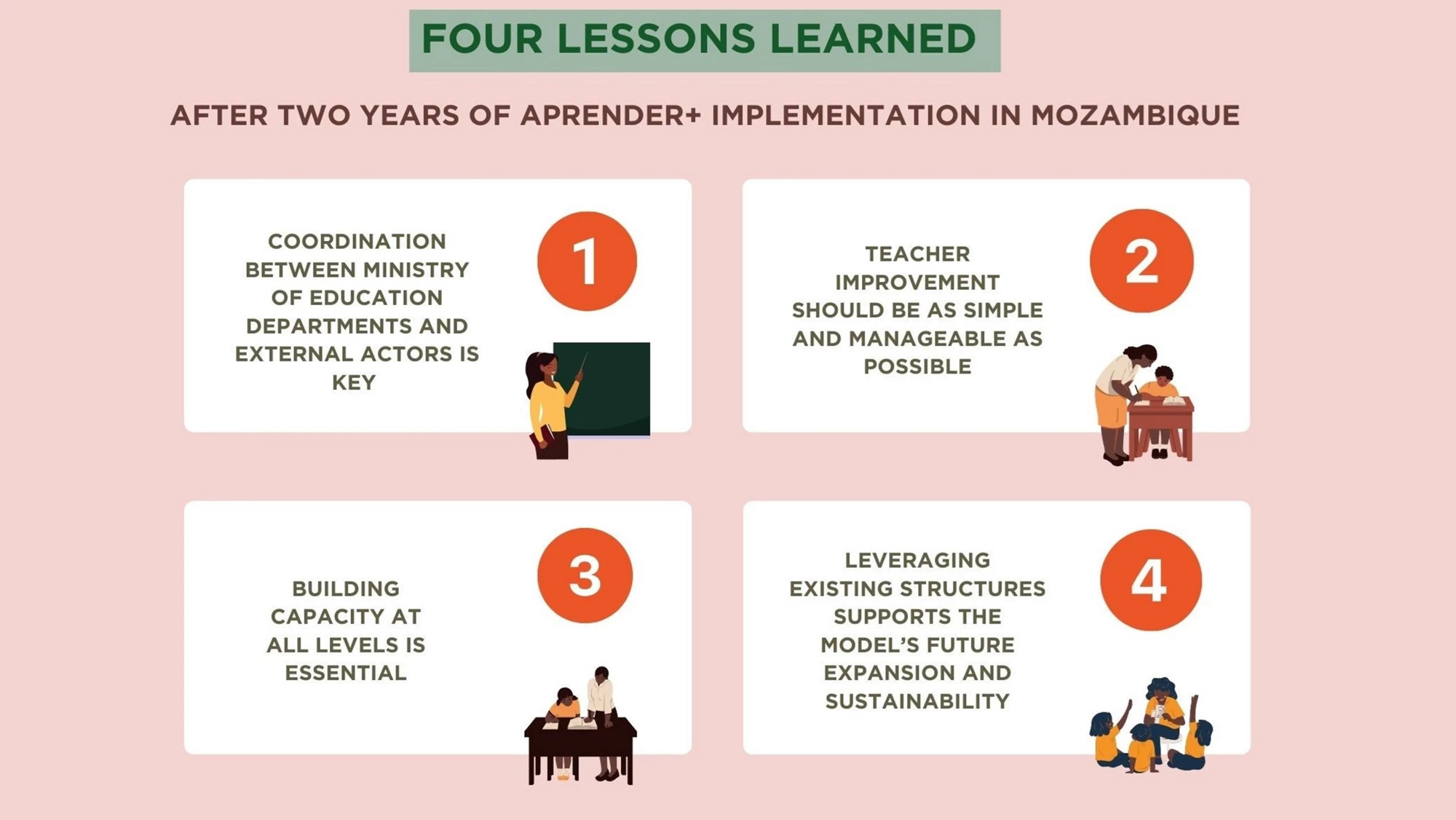
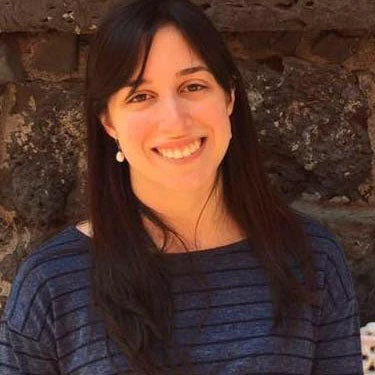
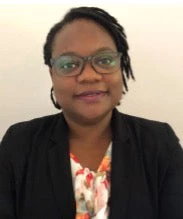

Join the Conversation